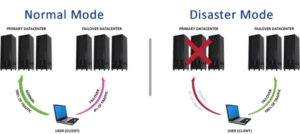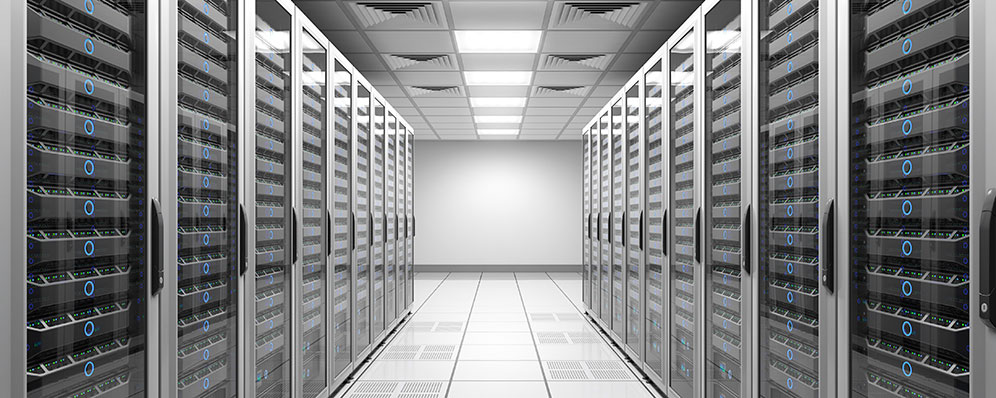What Is A Data center?
A data center is actually a centralized repository which maybe physical or virtual that houses computer systems for management, storage, and dissemination of information and data organized around a business entity. A data center can be classified generally into either Internet-which supports few applications or Enterprise data center which is a custom shelf of applications.
Despite the fact that hardware is constantly getting smaller, faster and more powerful, we are an increasingly data-hungry species, and the demand for processing power, storage space and information in general is growing and constantly threatening to outstrip companies’ abilities to deliver.
Who Uses Data Center?
Any entity that generates or uses data has the need for data centers on some level, including government agencies, educational bodies, telecommunications companies, financial institutions, retailers of all sizes, and the purveyors of online information and social networking services such as Google and Facebook. Lack of fast and reliable access to data can mean an inability to provide vital services or loss of customer satisfaction and revenue.
What Data Center Comprises
- Design / Infrastructure: Facility built to specific specifications and standards to meet the needs of today’s high-tech hardware. With proper, cooling (HVAC), Generators, security systems and many other factors that can cost millions of dollars.
- Risk Management: Your data is safe as it might reside in a multiple data center and regular backups are taken in case of disasters or crashes.
- Redundancy: Most data centers have redundancies like power, cooling, bandwidth, and networking.
- Bandwidth: A 100 Mbps at the office seems good but consider getting whooping 10 Gbps, only possible with a data center.
- Security: Build to secure your data against threats or hacks. 24/7/365 security camera surveillance and staff on-site protecting the equipment.
- Compliance / Certifications: Hardware is compliant and certified professionals manage all the data and the facility.
- Cost: Creating and managing even a very small in-house data center can be a tedious task. Moreover, when you factor in costs then it requires massive amount which is not your responsibility when you take Infrastructure solution.
- Scalability: You can colocate your present servers or hosted hardware at a data center thus you can increase your space, power, and bandwidth within 24 hour
- Reduced Maintenance: You don’t need to manage anything or infrastructure with weekly or monthly maintenance tasks. Save large sums of money.
The Enterprises:
The behemoths like Google, Facebook, Amazon doesn’t run on few servers and they need a lot of power to maintain efficiency. This is possible when they put their operations on a data center to manage workload, storage, hustings, BFSI services and much more.

Conclusion
It a wise decision to go with the concept of a data center as it ensures the reliability and access of the mission-critical information contained within the data center’s storage. It also entails efficiently placing application workloads on the most cost-effective compute resource available.


